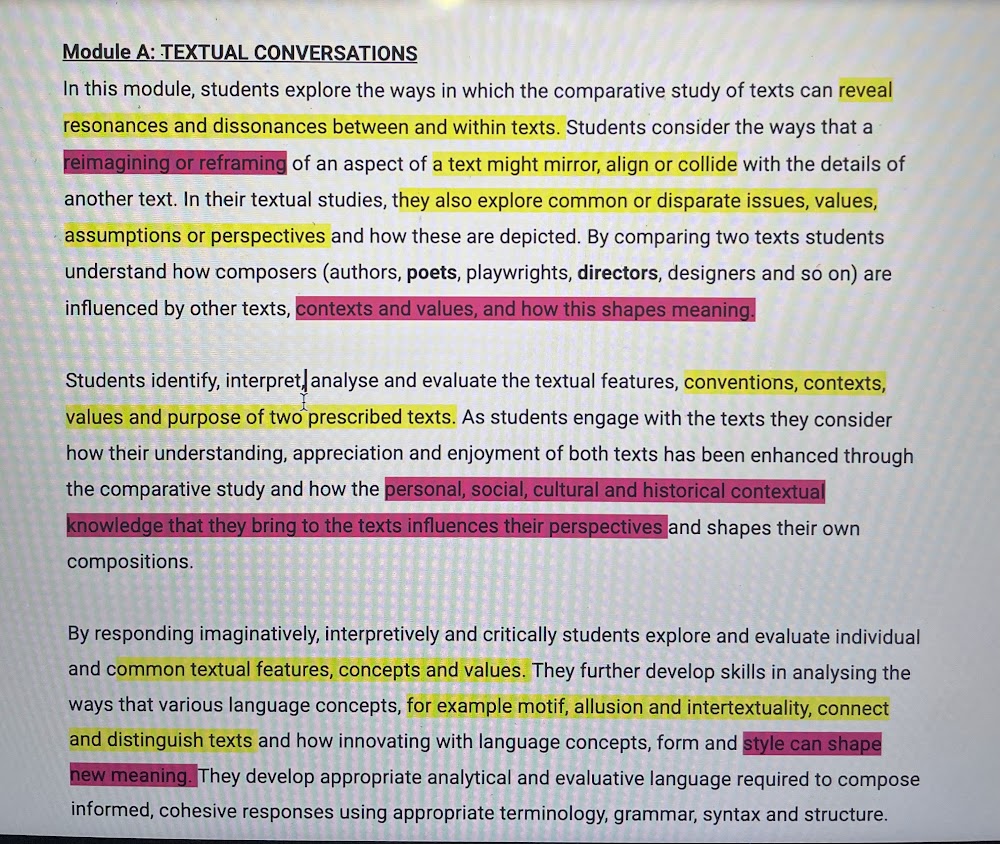
Studying King Richard III: A Guide for Textual Conversations Strategies for English Students
Shakespeare’s King Richard III is a rich text for analysis, particularly in the context of Textual Conversations. As a historical play, it engages with power, manipulation, and ambition while providing insight into the political anxieties of both its own time and the modern era. Understanding its context, language techniques, and key themes allows students to construct strong analytical essays and appreciate the text’s enduring relevance in their own HSC tasks.
Written in the late 16th century, King Richard III reflects the Tudor myth, portraying Richard as a villain to legitimise the reign of Elizabeth I. The play manipulates historical events to depict Richard as a Machiavellian figure, echoing contemporary fears of tyranny and instability. The War of the Roses and the transition to the Tudor dynasty are central to the play’s political intrigue. Today, the text remains valuable as it explores leadership, ethics, and propaganda—issues pertinent to both the rubric, and in the modern world.
Shakespeare’s mastery of rhetoric is evident in Richard’s soliloquies, where he manipulates both the audience and other characters. Dramatic irony and asides expose his duplicity, while his use of metaphor (e.g., likening himself to a spider or a boar) enhances his sinister nature. Motifs such as deformity and divine justice reinforce themes of legitimacy and fate. The text’s rich imagery and wordplay heighten its dramatic intensity, making it a compelling study. These features should be applied in studwnt’s own connection to the rubric, focusing on its comparison to Pacino’s play.
To craft a strong Mod A essay, students should focus on thematic connections. Key themes include power and manipulation, as Richard’s cunning rhetoric and psychological control illustrate political corruption. Fate versus free will is another crucial idea, as the role of prophecy and Richard’s downfall raise questions about destiny. Conscience and guilt are also significant, with the ghost scene underscoring morality’s role in leadership, and why the play still stands the test of time.
Eleni Nicholas









